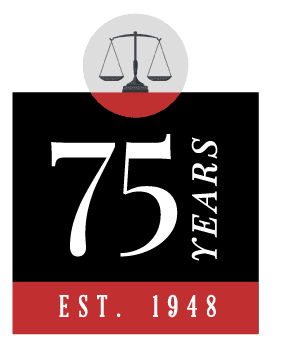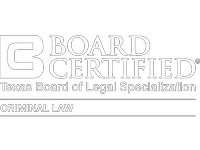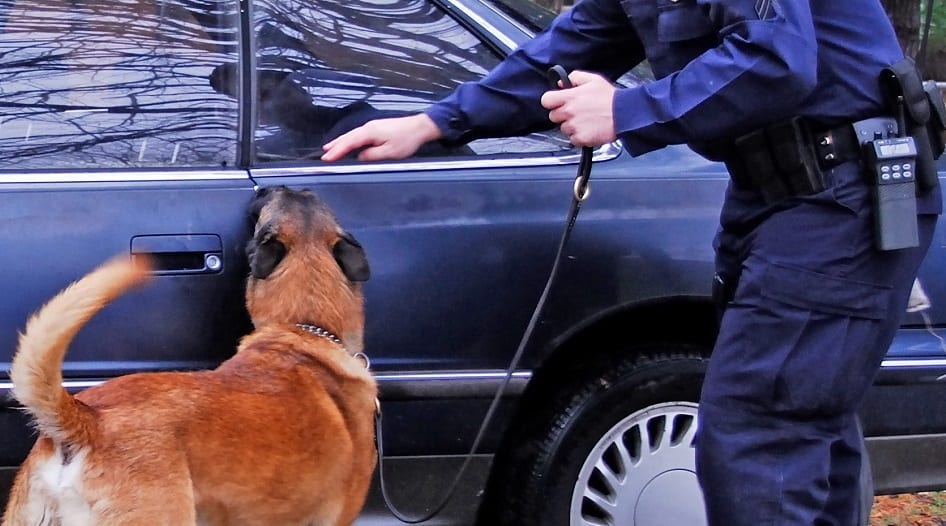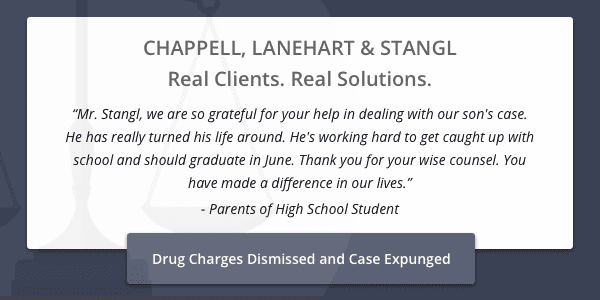Chuck Lanehart successfully appealed a search warrant for a client accused of running a meth lab in his machine-shop business. The Texas 7th Court of Appeals in Amarillo reversed a conviction on drug charges in 2002, resulting in a new trial. The case was ultimately dismissed.
Drug Charges
Drug arrests can lead to strict interpretation of the law in Texas courts. In West Texas, each jurisdiction, drug cases are handled differently. Whether it is possession, conspiracy or distribution, drug offenses lead to serious consequences. If accused, it is critical to have a criminal defense attorney on your side, someone who can defend your reputation and protect your liberty.
Federal vs. State Charge
A majority of drug cases follow state laws, although drug quantities, types of substances, and intent to distribute can lead to a federal crime. Drug manufacturing, cultivation and distribution operations in West Texas are typically prosecuted in federal courts. Location can also determine a federal charge, such as distributing to those under 21 in a school, at a Post Office or another federal property.






